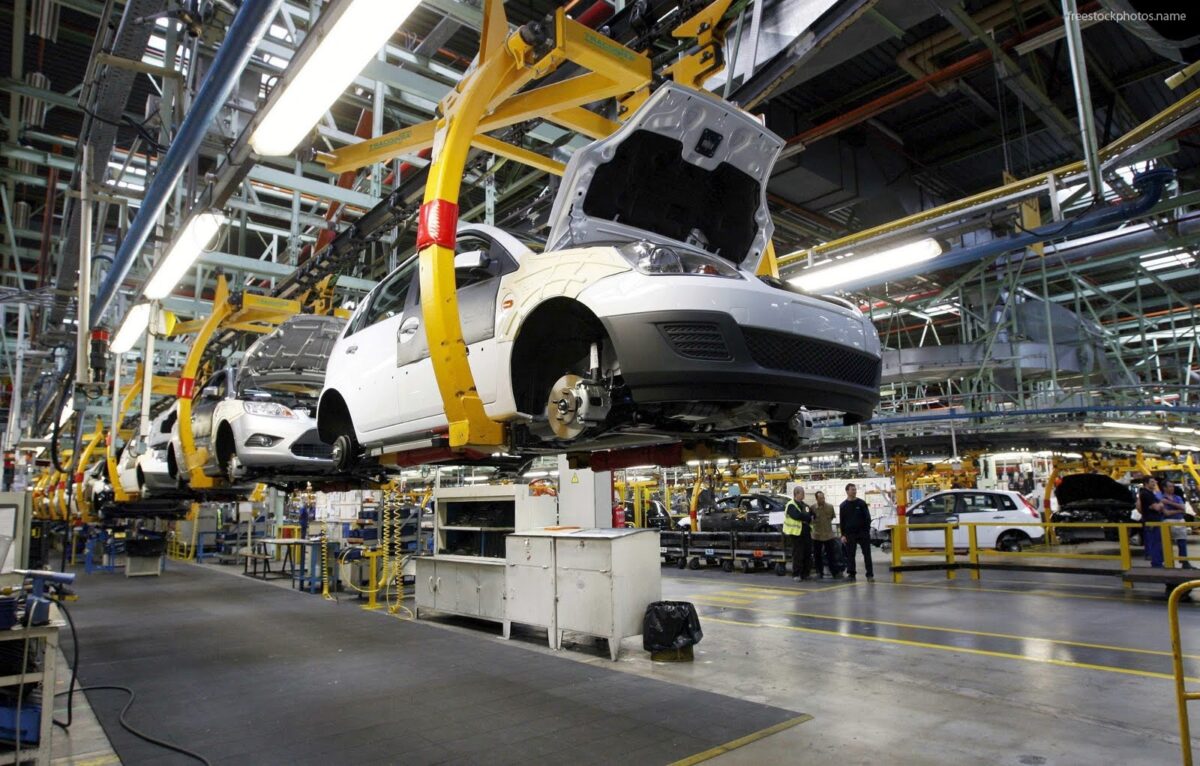Islamabad: The automotive vendor industry is grappling with a decline in production while facing an influx of imported used cars.
Industry representatives are urging the government to establish stable policies, pointing out the supply-demand crisis in the local automotive sector. This instability has resulted in frequent shutdowns of original equipment manufacturers (OEMs), negatively impacting vendors. Last year, there was a staggering 700% increase in used car and SUV imports, totaling over 30,000 units, compared to 3,386 units the previous year. Local automotive manufacturers, who have heavily invested in expanding capacity and supporting local vendors, now confront significant challenges. The surge in imported used cars not only undermines their efforts but also jeopardizes the livelihoods of numerous workers directly and indirectly involved in the sector.
The Pakistan Automotive Manufacturers Association (PAMA) is urging the government to bolster support for the local auto industry to foster growth, job creation, and overall economic prosperity. The industry voices grave concerns about government policies, noting a drastic decline from an initial investment of over $2.5 billion and a production capacity of 500,000 units per year to just 100,000 units in the current fiscal year. PAMA emphasizes that permitted used car imports are severely damaging the economy through grey market transactions, posing a significant threat to the local industry and millions of jobs.
PAMA highlights the misuse of import privileges, primarily intended for overseas Pakistanis, exacerbating the situation. They call on authorities to either restrict or impose stricter regulations on used car imports to promote growth in the local industry. PAMA appeals to the Prime Minister, as well as the ministries of finance, commerce, planning and development, and the Special Investment Facilitation Council (SFIC), to review industry policies and implement unbiased measures that support local industry expansion, job creation, and economic contribution.
In addressing the current situation, PAMA underscores the detrimental impact of preferential taxation and duty policies favoring used car imports. This bias has led to reduced demand for locally manufactured automobiles, decreased production efficiency, and job losses within the vendor network, undermining the local industry and national economy. With over 60% of car manufacturing parts locally produced, unfavorable policies have resulted in inefficient production facilities and widespread job losses.
PAMA emphasizes the urgent need for government intervention to safeguard millions of families from unemployment, as the automotive sector directly and indirectly employs over 2.5 million individuals and supports an additional 5 million jobs. Despite the presence of 13 local manufacturers/assemblers and a significant influx of used imports, high taxes and duties continue to make cars inaccessible to the majority of the population.
The association calls for government collaboration to implement consistent policies that drive productivity, foster growth in the local industry, and increase contributions to the economy.









